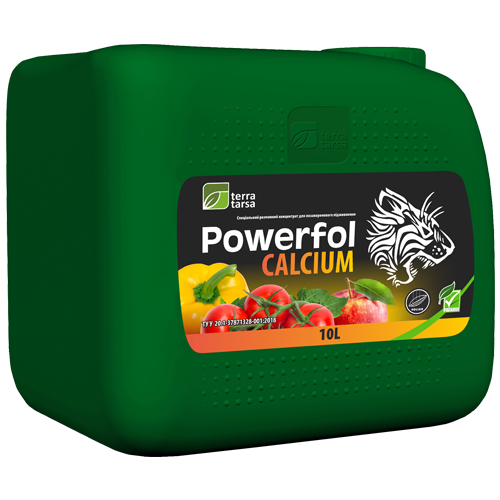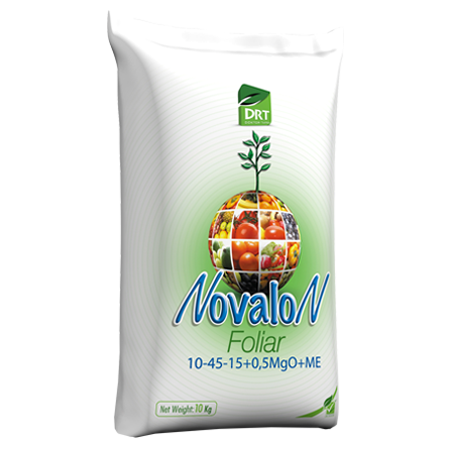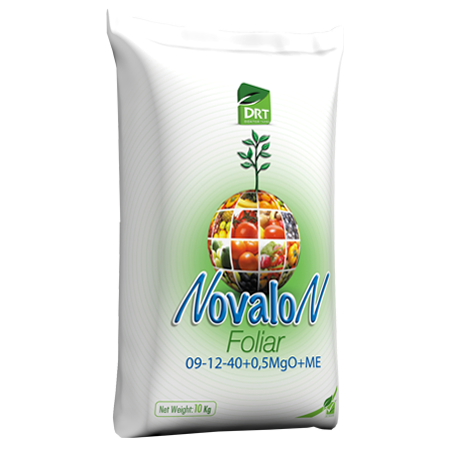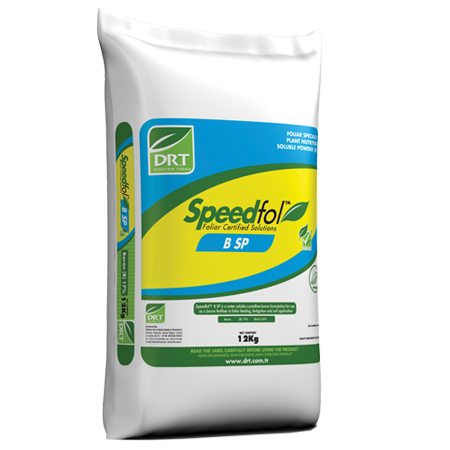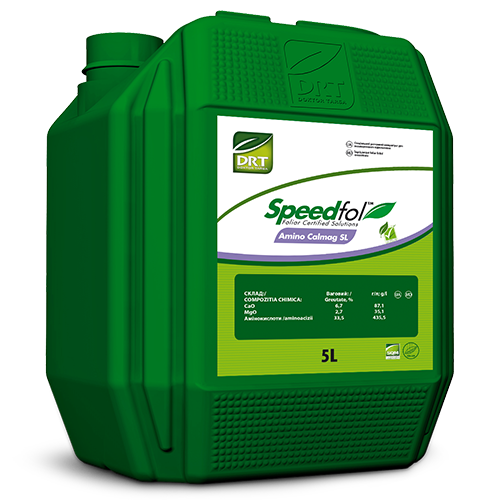- Most of the nitrogen is used by trees during the spring to ensure intensive cell division, leaf mass growth, flowering, and fruit inception.
- Phosphorus is especially important for intense growth. It activates the growth of the root system and increases the fruiting potential by increasing the number of inflorescences.
- The availability of potassium is an important factor in increasing the winter resistance and resistance of the flowers against the spring frost. The maximum absorption of potassium occurs at the stage of infusion of fruits. Feeding with potassium during the later phases helps to increase the size of the fruits, improve their colour and taste.
- Calcium activates enzymes that are responsible for cell division, cell elongation, and growth of the fetus in general.
- Treating trees before flowering provides flowers with boron, which improves germination of pollen and growth of pollen tubes.
- Zinc deficiency during the period between budding and fruit formation leads to poor growth of leaves and shoots and irregular development of pollen tubes, which subsequently leads to poor fruit inception.

